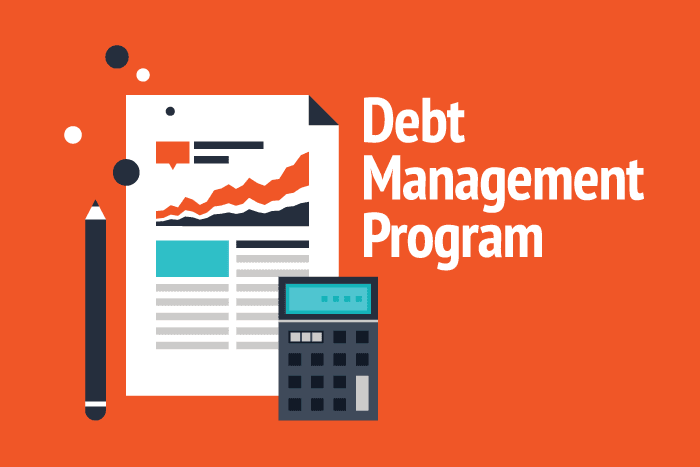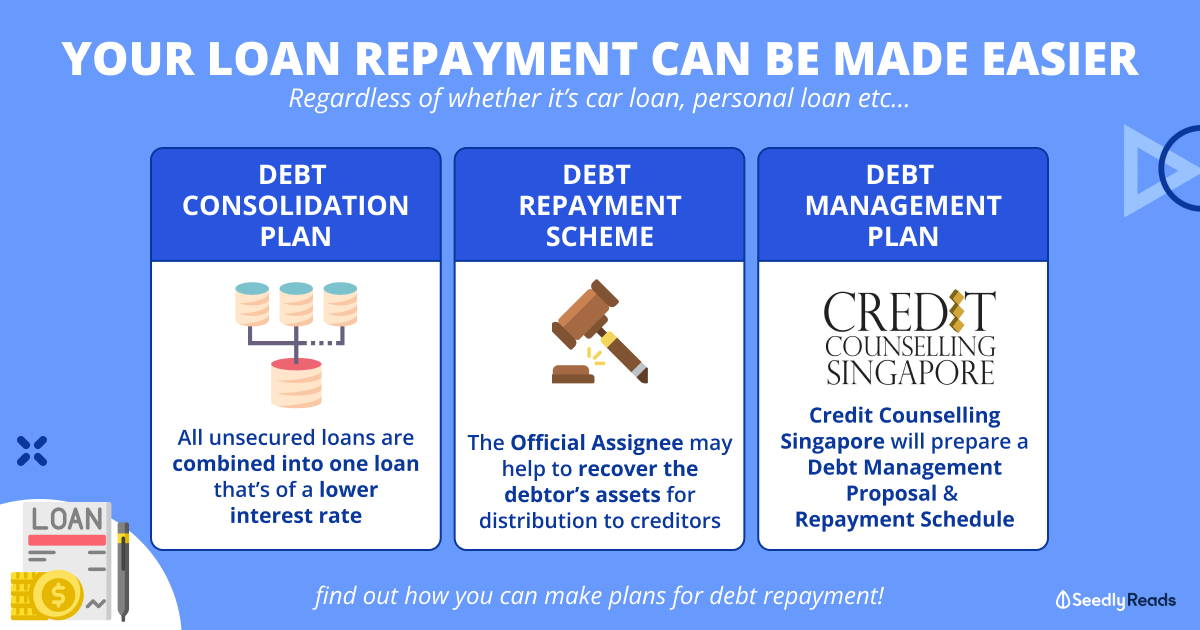Specialist Tips and Techniques for Implementing a Successful Debt Administration Strategy
When it comes to navigating the complexities of financial obligation monitoring, having a well-balanced plan is essential for accomplishing economic stability. From evaluating your present economic standing to bargaining with creditors, each step plays a pivotal role in forming an effective financial debt monitoring strategy.
Evaluating Your Current Financial Situation
Prior to embarking on a debt management strategy, it is vital to completely assess your current economic standing. Recognizing your monetary scenario is the foundational step towards successfully managing and decreasing your debt. Begin by compiling a detailed listing of all your debts, consisting of exceptional balances, rates of interest, and minimal regular monthly payments. This will give a clear review of the degree of your economic responsibilities. Additionally, analyze your income resources and month-to-month expenses to establish your non reusable income available for financial obligation repayment.

Establishing a Realistic Budget Plan
Understanding your existing monetary situation lays the foundation for developing a realistic spending plan that aligns with your financial debt management objectives and financial capacities. When creating a spending plan, it's important to accurately track your revenue, costs, and financial debt responsibilities. By classifying your expenses, you can recognize areas where you may require to cut back to release up funds for debt settlement.

Focusing On and Dealing With Financial Obligations
To successfully gain back control of your financial resources and work in the direction of economic security, focusing on and tackling your financial debts is a critical action in your financial debt administration plan. Start by listing all your financial debts, consisting of credit rating cards, car loans, and any various other impressive equilibriums. Determine high-interest financial obligations that are costing you the most cash and prioritize paying them off first. By concentrating on these high-interest financial obligations, you can save cash over time and reduce the complete quantity you owe.
After recognizing your high-interest financial obligations, consider using methods like the financial debt snowball or debt avalanche approach to pay them off systematically. The financial obligation snowball method includes paying off the smallest financial obligations first, while the financial debt avalanche method prioritizes debts with the greatest rates of interest. Pick the approach that aligns finest with your economic goals and inspires you to maintain making progress.
Furthermore, consider discussing with creditors for lower rate of interest prices or setting up a repayment strategy if you're battling to meet your present responsibilities. Looking for support from a credit counselor or monetary consultant can additionally provide important insights and support on just how to properly tackle your debts - debt management plan services. By prioritizing and addressing your financial obligations purposefully, you can pave the way towards a debt-free future and enhanced monetary wellness
Discussing With Lenders
When involving in financial debt monitoring, working out with financial institutions is a vital step in the direction of discovering mutually beneficial services for financial obligation settlement. check that Before starting settlements, it is vital to have a clear understanding of your financial scenario, including your earnings, expenses, and the overall amount of financial obligation owed.

Building Healthy And Balanced Economic Routines
Integrating regular budgeting practices is necessary for cultivating healthy financial routines. Budgeting allows individuals to track their earnings and expenditures, enabling them to make informed decisions concerning their economic priorities. Setting certain economic objectives, such as saving for emergencies or retirement, can offer a clear roadmap for handling cash successfully.
An additional trick facet of structure healthy and balanced financial habits is living within one's ways. This entails investing much less than what is gained and staying clear of unneeded debt. Adopting a prudent way of thinking and identifying between wants and needs can help people make even more sensible costs options.
Frequently examining monetary statements and monitoring credit score records are crucial behaviors that advertise monetary awareness and duty. By remaining informed concerning their economic standing, individuals can identify possible problems early on and take aggressive steps to address them.
Furthermore, developing a savings click to read habit, despite having percentages, can contribute significantly to lasting monetary security. Conserving routinely not just develops a monetary cushion for unanticipated expenses yet likewise cultivates a sense of technique and responsibility in the direction of money administration. By consistently exercising these habits, individuals can lay a solid structure for a stable monetary future.
Conclusion
In final thought, implementing a successful financial debt management strategy calls for an extensive analysis of one's monetary scenario, the development of a sensible spending plan, prioritizing and taking on debts, working out with financial institutions, and building healthy economic habits (debt management plan services). By following these professional pointers and strategies, individuals can take control of their financial resources and job in the direction of attaining monetary top article security and liberty from debt
Recognizing your present economic circumstance lays the groundwork for developing a practical budget that aligns with your debt management objectives and financial capabilities.To effectively reclaim control of your financial resources and job in the direction of economic security, focusing on and tackling your financial debts is an important action in your financial obligation administration plan.After identifying your high-interest financial obligations, take into consideration utilizing approaches like the financial obligation snowball or debt avalanche approach to pay them off methodically. The financial debt snowball technique involves paying off the tiniest debts initially, while the financial obligation avalanche technique focuses on financial debts with the highest interest prices.When involving in financial obligation management, bargaining with creditors is a crucial step towards finding mutually valuable options for debt payment.